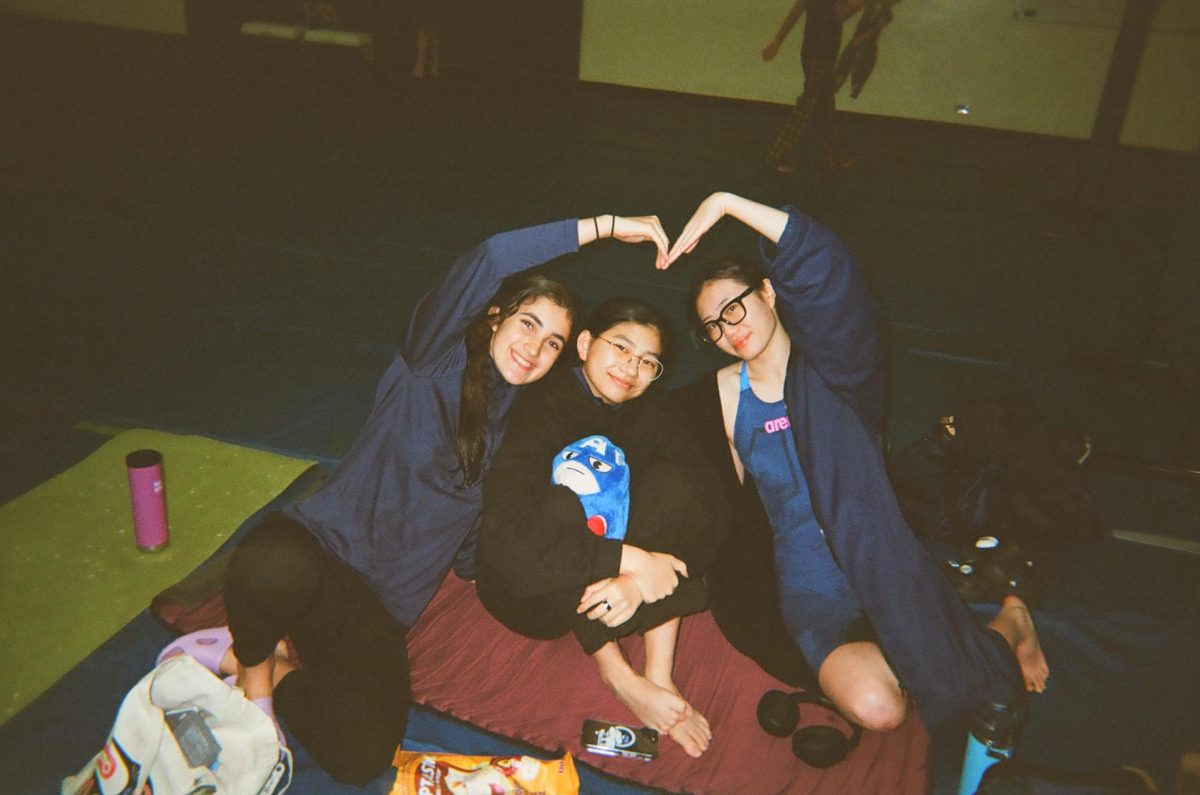Girls on TikTok have started to speak up about their sexual assault and harassment stories as a result of the death of 33-year-old Sarah Everard, who was kidnapped and murdered as she was walking home from a friends house on March 3. Upon hearing the news, TikTok users began posting videos addressing the situation. This became known as the 97% movement, a number gathered from a recent survey stating that 97% of women are sexually harassed at least once in their lifetime. As the movement sparked, more girls started posting 60-second videos, speaking about their own sexual assault and harassment stories, also revealing the clothing they were wearing when they were attacked.
Multiple hashtags have been started on social media including #SarahEverard which has over 147.6 million views on TikTok. Many TikTok users use the platform as a way to speak out about sexism, the Black Lives Matter movement (BLM), Asian hate, LGBTQ+ rights, and overall denouncing discrimination against certain groups. This time, many users took to the platform to create awareness for sexual harassment against women.
Another hashtag, #NotAllMen started on Twitter as an excuse used by men, suggesting “Not all men” sexually harass women. Although this may be true, this is besides the point. In a recent twitter post, English radio presenter and actor Jameela Jamil said: “It’s true that #notallmen harm women. But do all men work to make sure their fellow men do not harm women? Do they interrupt troubling language and behavior in others? Do they have conversations about women’s safety/consent with their sons? Are #allmen interested in our safety?”. Jamil’s point is extremely valid and goes to show that the statement “not all men” may be true but it is crucial for all men to not only be respectful towards women but also fight against the sexism, rape, and sexual harassment that is present and has been for thousands of years.
Some men make the argument that women who were harassed or assaulted were “asking for it” through wearing revealing clothing. This statement, however, is extremely insensitive and makes victims feel as if it was their fault they were attacked. It is proven that drunkenness, clothing, being alone, or time of day has no effect on whether or not a woman gets attacked. No girl ever asks for rape or assault through her clothing, as the way one dresses is simply an expression of personality. In fact, according to Connecticut Sexual Assault Crisis Services (CONNSACS), blaming the victim (“she asked for it!”) is an example of rape culture.
There is so much more to be said about rape culture, sexual harassment, and Sarah Everard’s death, but more and more women all over the world are speaking up for themselves and fellow women, starting with the 97% movement on TikTok. If you know a friend or family member who has experienced sexual assault or harassment, it is crucial to support them and listen to them whenever they need help. Let us women and men come together to fight sexism and gender violence, and make the world safer for all women.

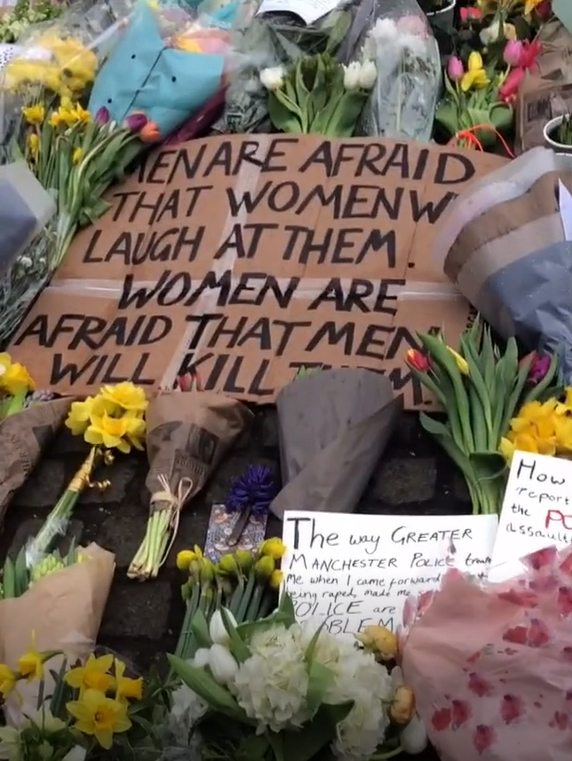
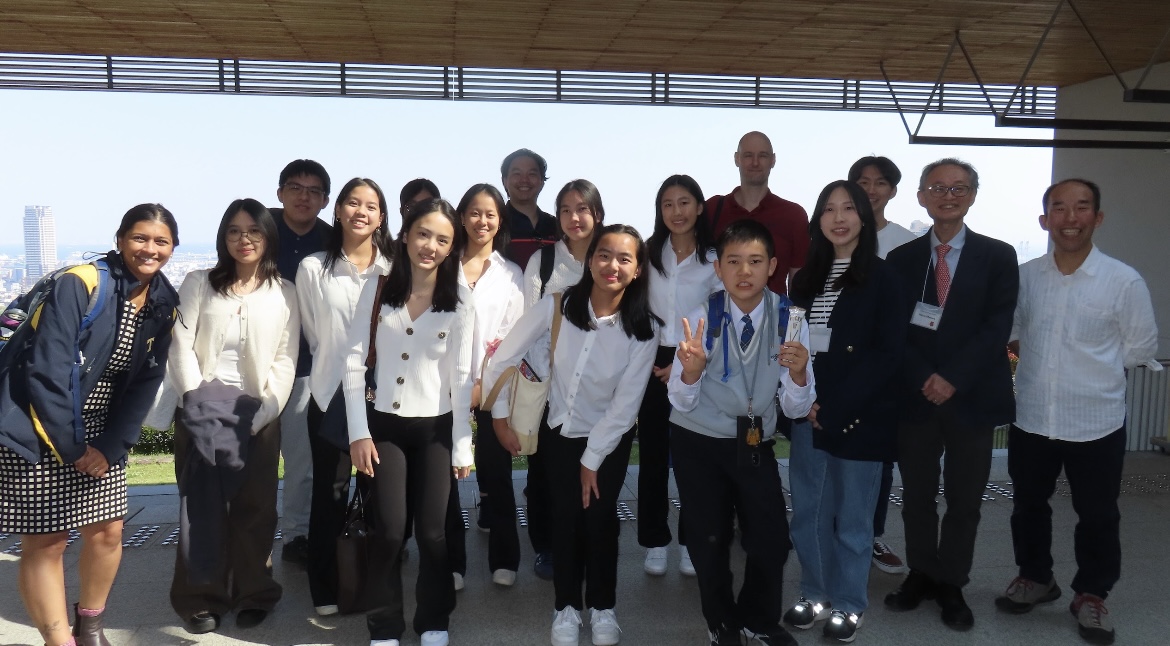
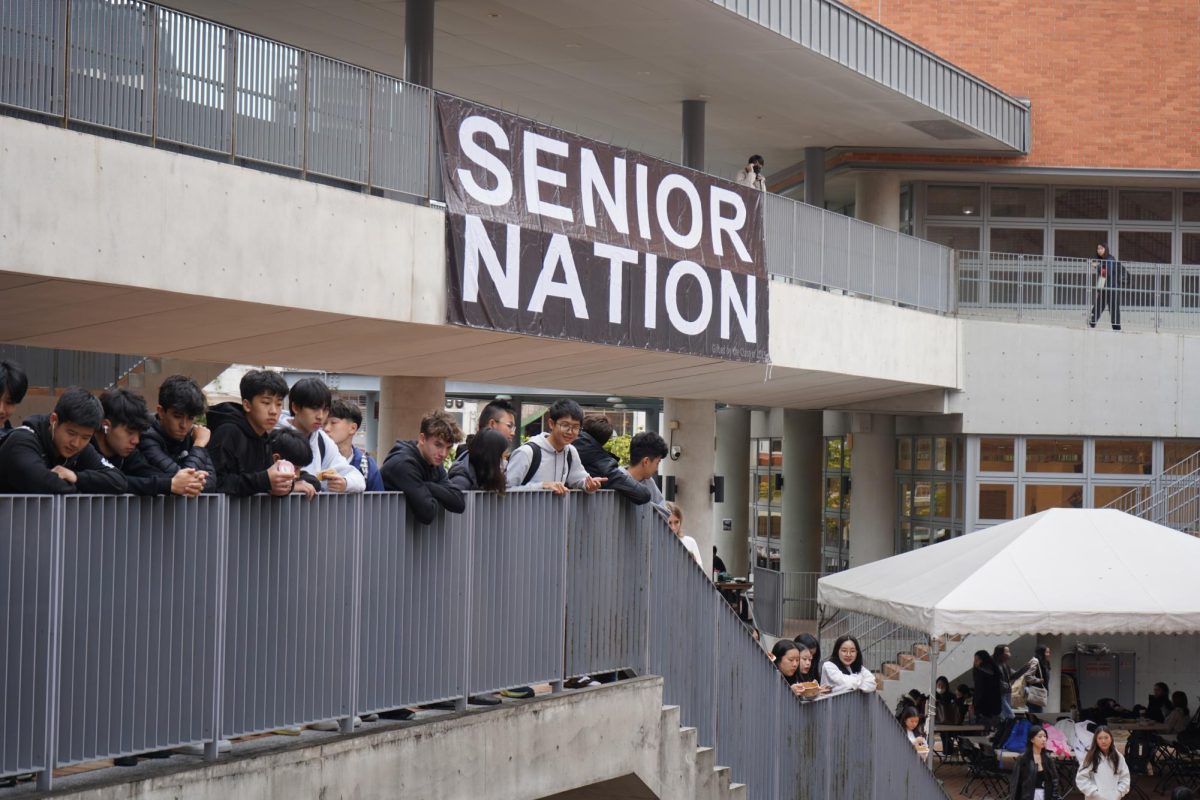
![[PHOTO COURTESY OF PIXABAY]](https://blueandgoldonline.org/wp-content/uploads/2025/03/white-18227_1280-1200x803.jpg)
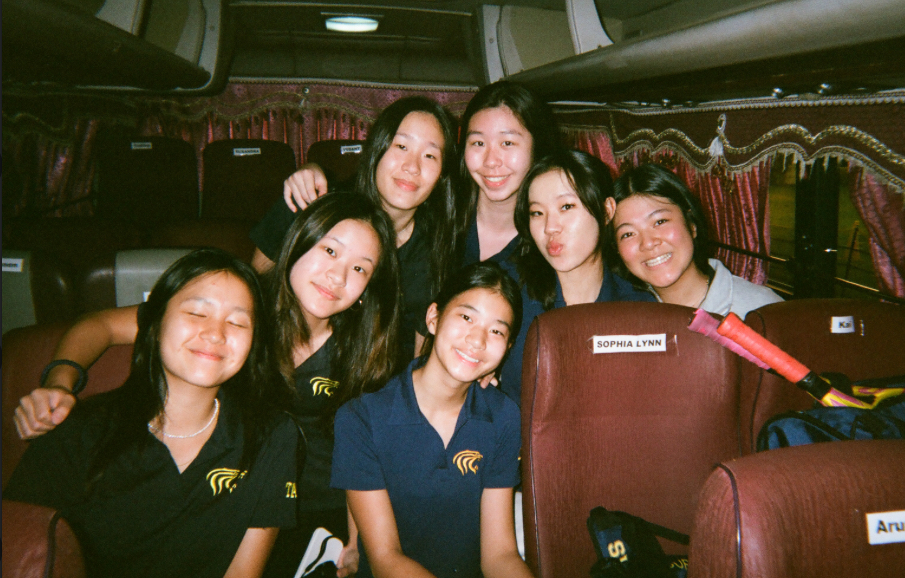
![[PHOTO COURTESY OF PIXABAY]](https://blueandgoldonline.org/wp-content/uploads/2025/03/fire-6706674_1280-1200x800.jpg)
